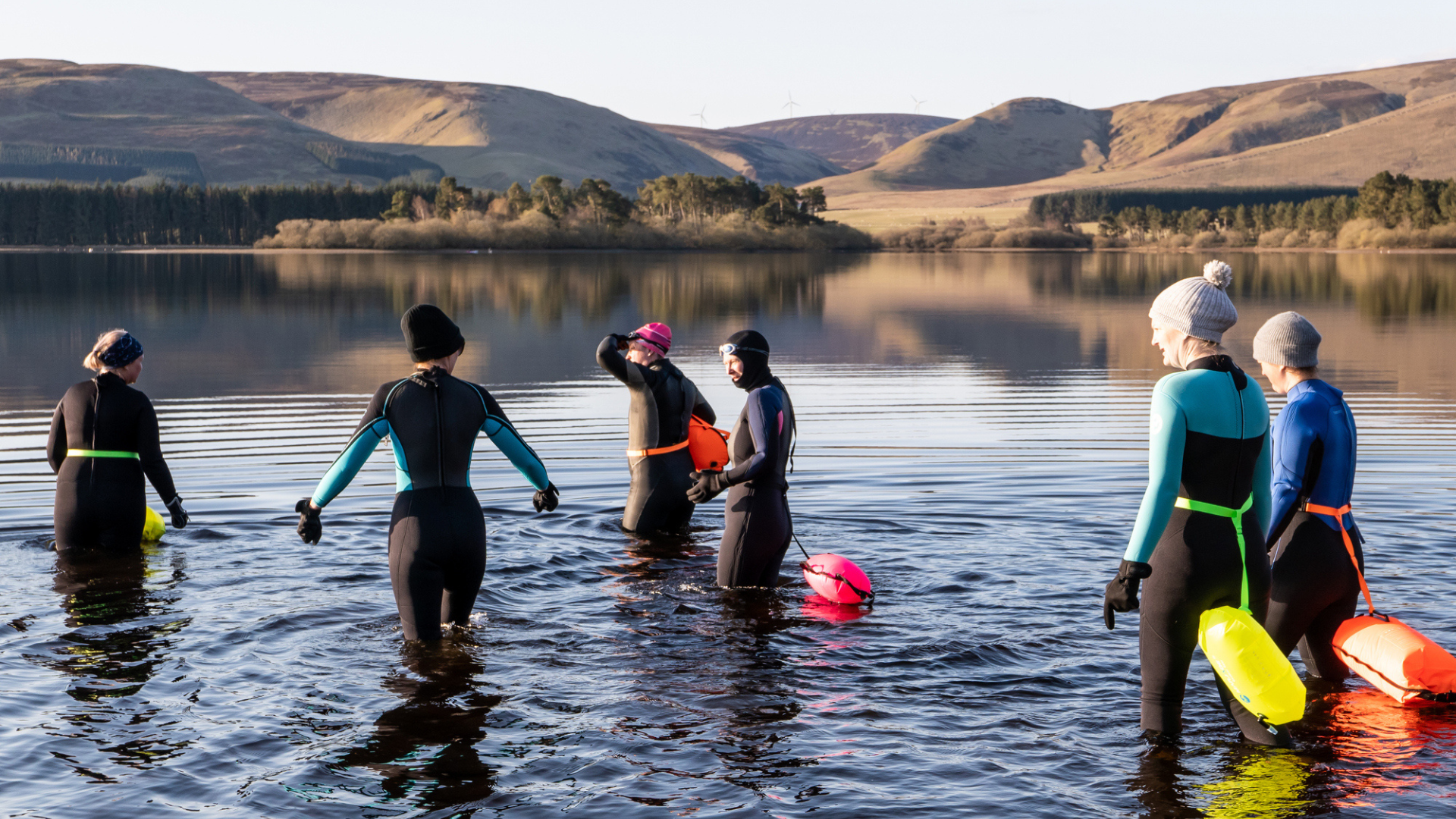“Imagine being told you can’t run, just because of who you are”: how Free to Run is using outdoor sports to empower girls and women
We meet up with a charity that uses running, hiking and camping to empower girls and women in places afflicted by conflict and gender discrimination
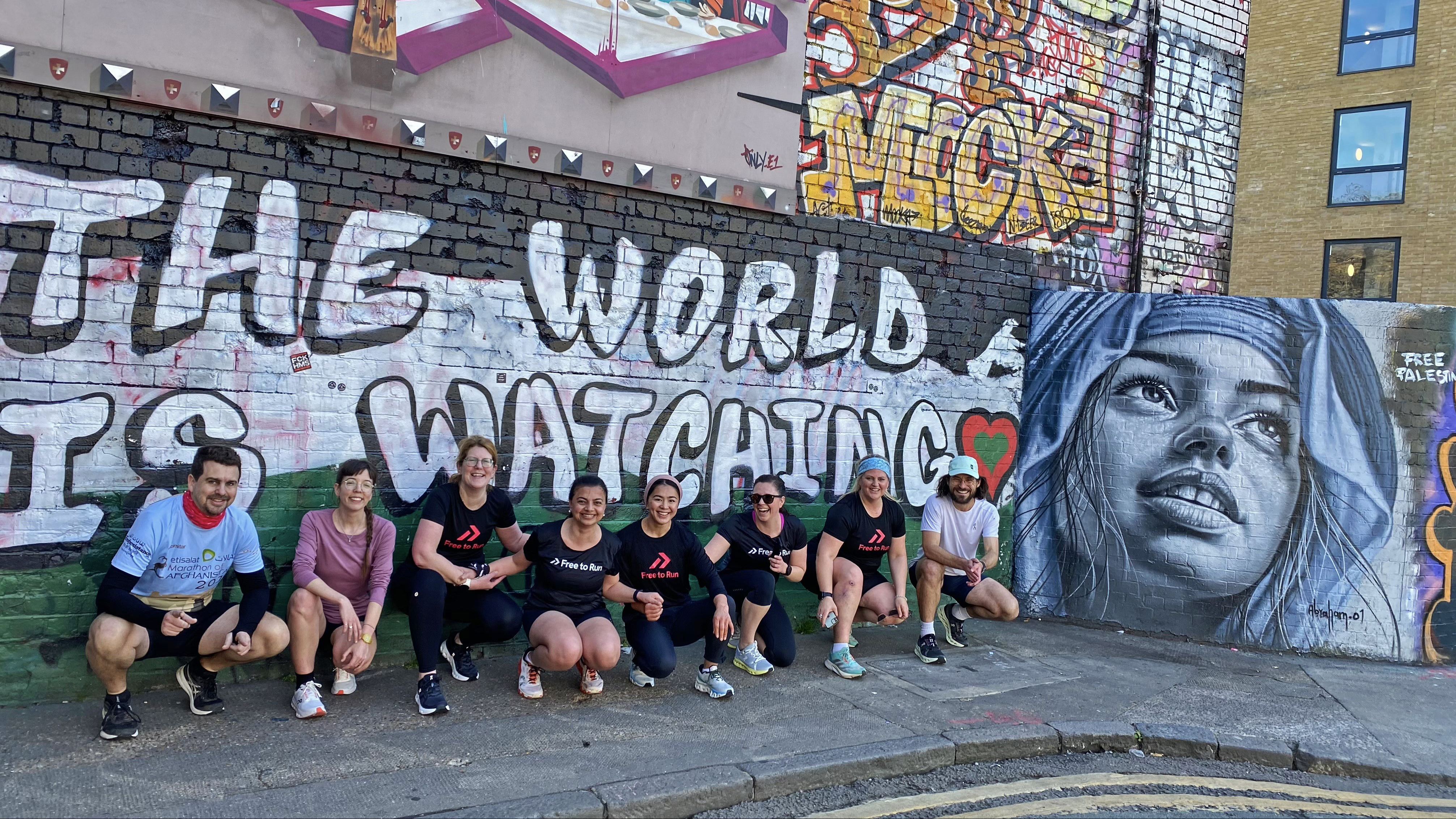
Imagine being told you cannot run. Picture this scenario playing out not because you are injured, or you haven’t entered an event by the cut-off date, or you don’t have the right kit or anything like that – but simply because of who you are. Can you envisage feeling like you dare not leave your own house and do something as normal, natural and innocuous as going for a run around your neighborhood?
Try as I might, I can’t. Running is something I’ve taken completely for granted my whole life. I always think of it as the most accessible of all the adventure sports. But that’s my unconscious privilege speaking. Talking to Fatima and Sada, while running around the streets of East London, I finally fully realise just how lucky I am to be able put on a pair of road or trail shoes and go out for a jog whenever and wherever the hell I want to. I never even have to pay it a second thought.
There have been a smattering of scenarios during the decades when, while running trails deep in a dark wood or finding myself vaguely lost in a dodgy looking side street of an unfamiliar big city, my danger-detecting radar has twitched, and I’ve felt a bit out of my comfort zone. But that’s it. For so many people around the world, especially women, this kind of footloose freedom is completely inconceivable.
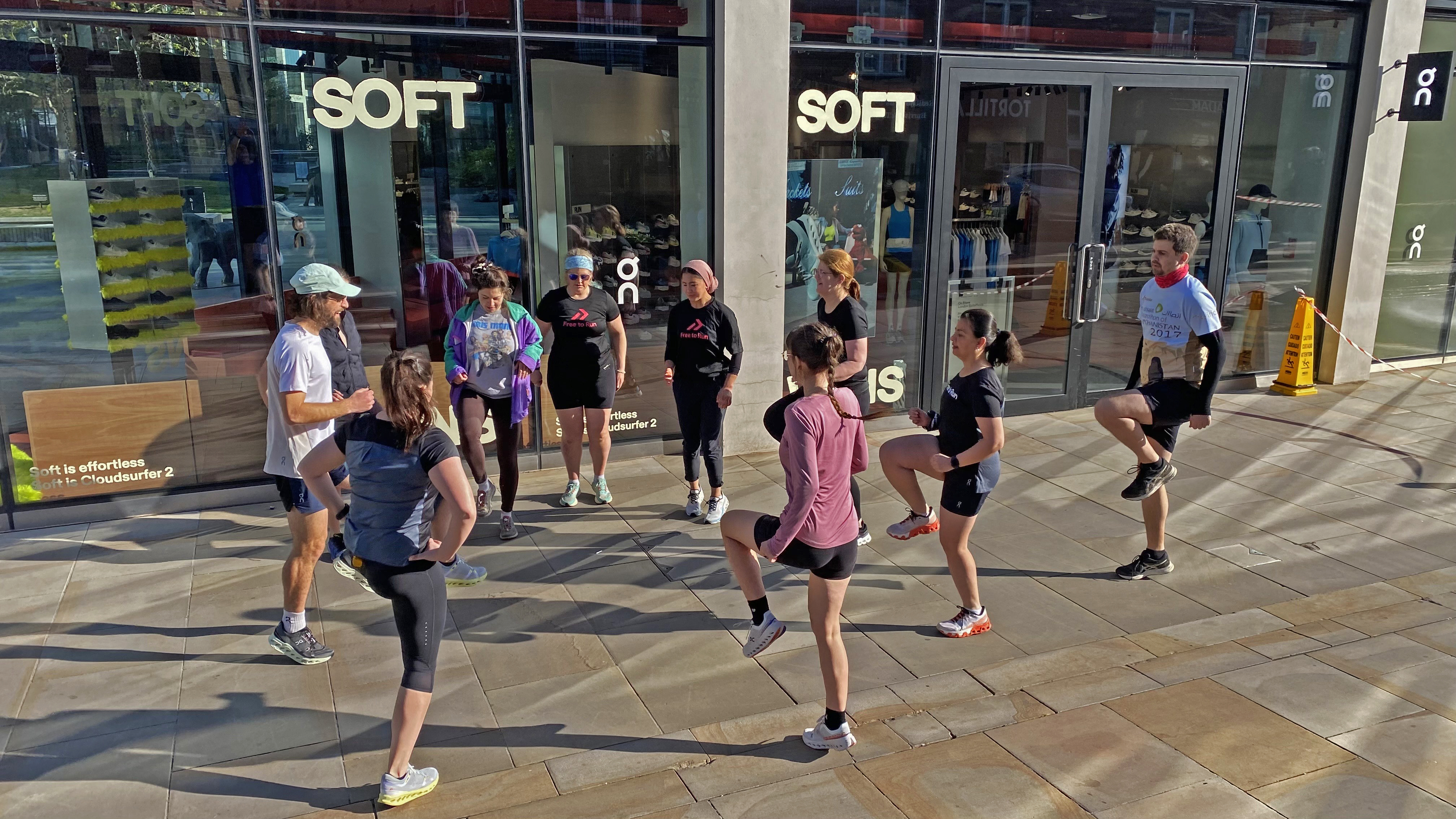
The fight for the right to run
Fatima and Sada are ambassadors for Free to Run, a charity founded by ultrarunner and human rights lawyer Stephanie Case in 2014, which aims to empower girls and women through involvement in outdoor sports (most often running, but also hiking and camping escapades). They organise programs in several countries – particularly places scarred by conflict and riddled with gender inequality.
Free to Run is active in Iraq and Palestine, and had been working in Afghanistan until developments in 2021 forced them to dramatically change tack. Now, with participation in outdoor pursuits impossible for women in the Taliban-controlled country, clandestine indoor fitness programs and virtual initiatives are supported.
The not-for-profit programs include one run by Sahira Hassan in Duhok, Iraq, who trains and mentors groups of young Yazidi women from an ethno-religious minority community that has faced years of persecution. Through group running, these women find support, strength, inspiration and a sense of fulfillment and achievement.
Sahira has coached several as they prepared for and competed in the Erbil International Marathon. In 2024, one of her team, Dima, placed in the top five overall in the half marathon distance – a genuinely groundbreaking achievement.
Advnture Newsletter
All the latest inspiration, tips and guides to help you plan your next Advnture!
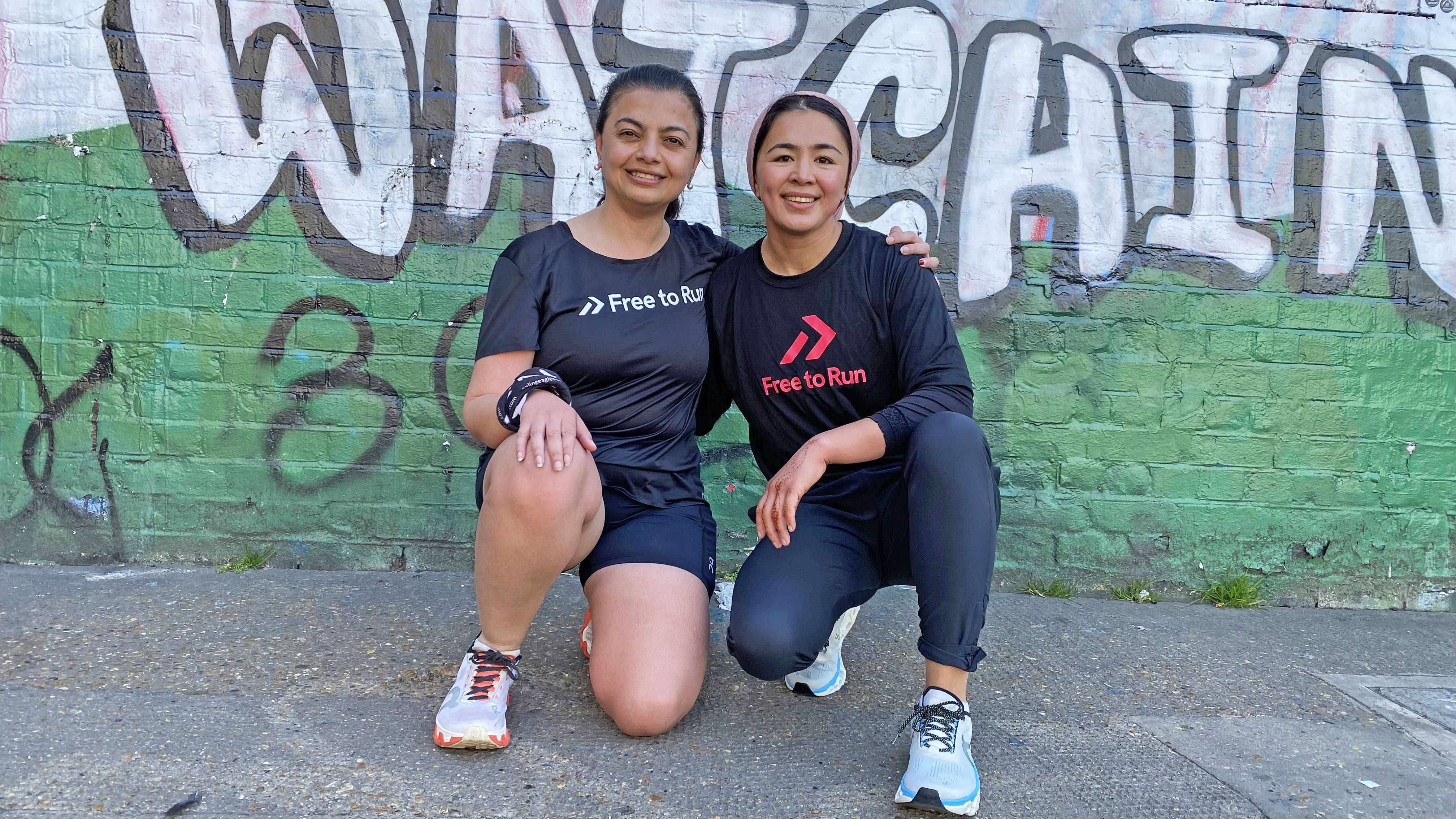
I came across Sahira’s story while editing a new edition of Lonely Planet’s Epic Runs of the World book. I felt chastened – not just by the contrast between my own obliviously carefree approach to sport (and the opportunities my daughter happily has as she begins her own running journey) and the breathtakingly steep challenges the girls and women being led by Sahira face before they’ve even lace-up a shoe – but also by how little I’d thought about this before.
Digging a bit deeper, I discover that Free to Run is supported by runners all around the world, who take part in races and challenges to raise awareness and funds for the organization, and I’m keen to get involved.
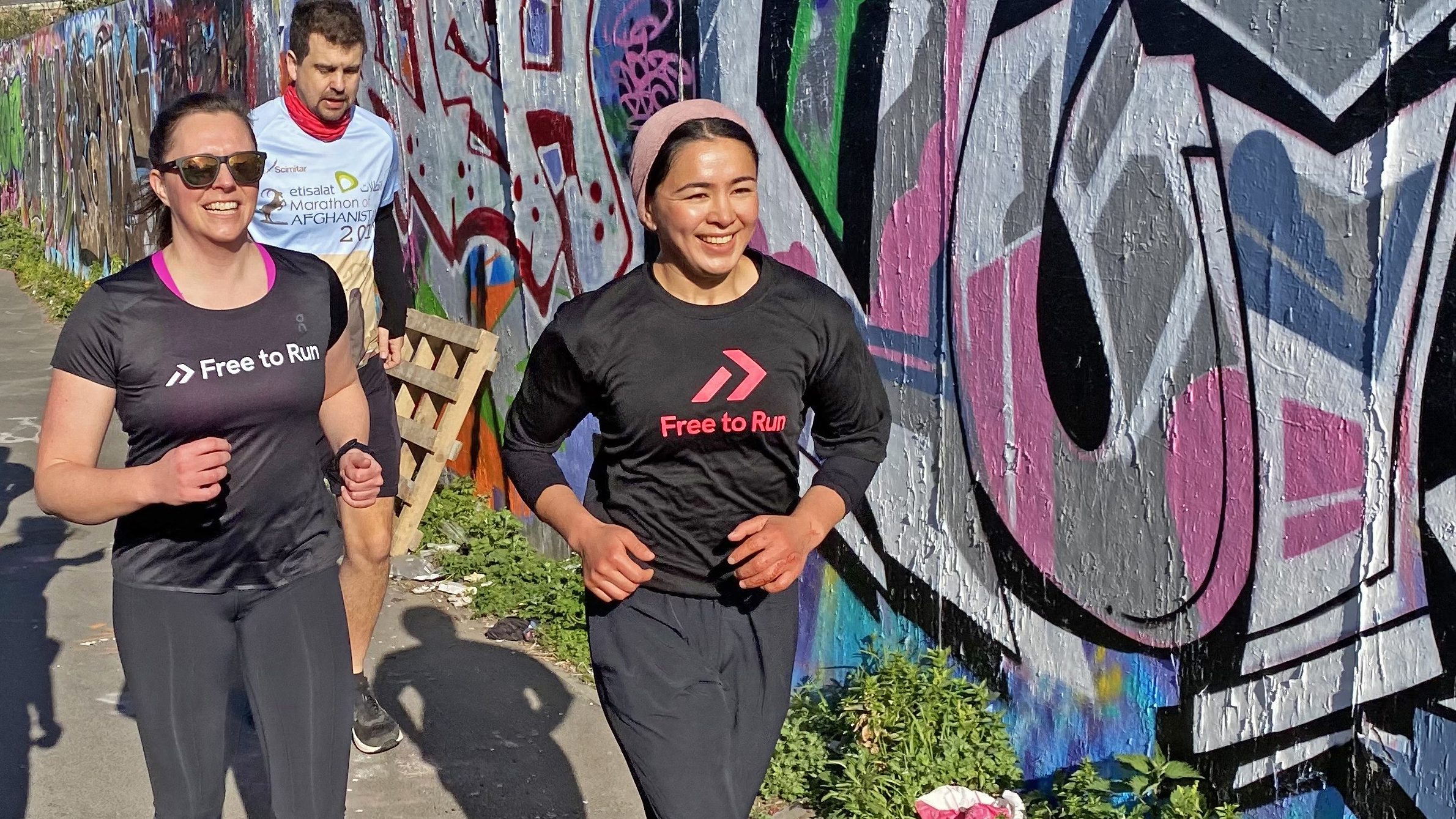
On a sunny spring morning, I meet with several of these supporters, along with Ericka from Free to Run, James from Untamed Borders (who helped Free to Run organise the sadly now-cancelled Marathon of Afghanistan, the country’s only mixed-gender sporting event), plus Fatima and Sada. We rendezvous in the On running store on Brushfield Street, before heading out for a pre-breakfast shakedown run ahead of the London Landmarks half marathon, in which most people present are competing the following day.
It’s so much harder to deny the rights of women when they are more visible.
Sada Sadiq Al-Janabi
Spitalfields is a vibrant multicultural suburb, and the concrete walls, bridges and underpasses are colorfully adorned with street art referencing many of the conflicts and struggles that form the backdrop of Free to Run’s initiatives. The roads around the market, which will be full of hustle and bustle within the hour, are gloriously peaceful at 7.30am, providing the perfect environment for a gentle urban jog and jabber – an experience that turns out be the most educational and thought-provoking run of my life.
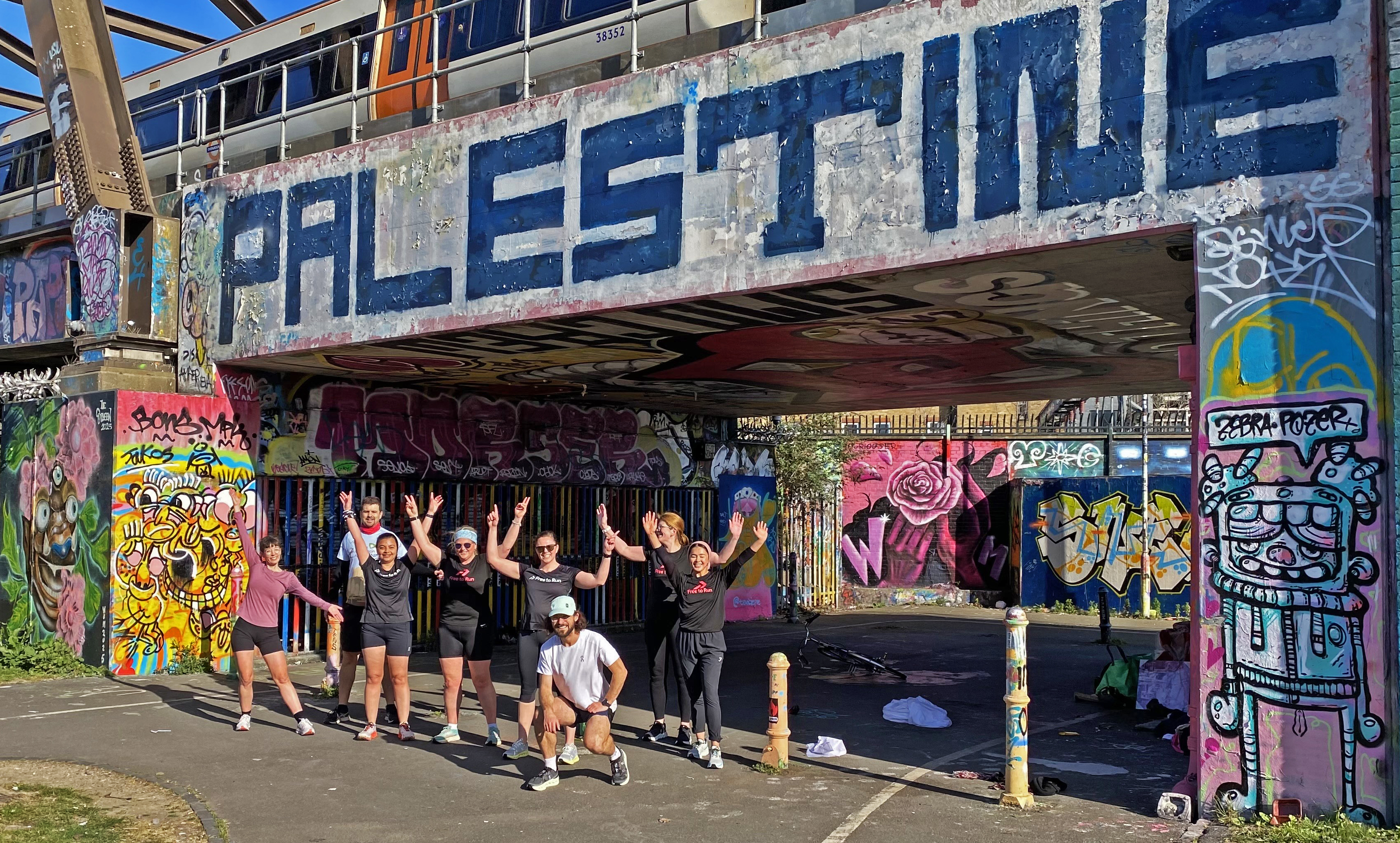
- Pair your shoes with the best trail running socks
- For optimal comfort and temperature control, choose the best running top
- The best trail-running shorts make every outing enjoyable
From fleeing in fear to running for fun
Brimming with excitement about the upcoming challenge, Sada would never have dreamt when she was growing up in Iraq that one day she would be running for fun, let alone to find peace of mind. Her home, back then, was on the outskirts of the much-storied and myth-enveloped city of Babylon, famous for the Hanging Gardens that ranked among the seven wonders of the Ancient World, and the mythical Tower of Babel. Just over 50 miles (80km) from Baghdad, it’s a place steeped deep in history and culture, but for much of the 1980s, ’90s and early 2000s, the entire region was war-torn and dangerous.
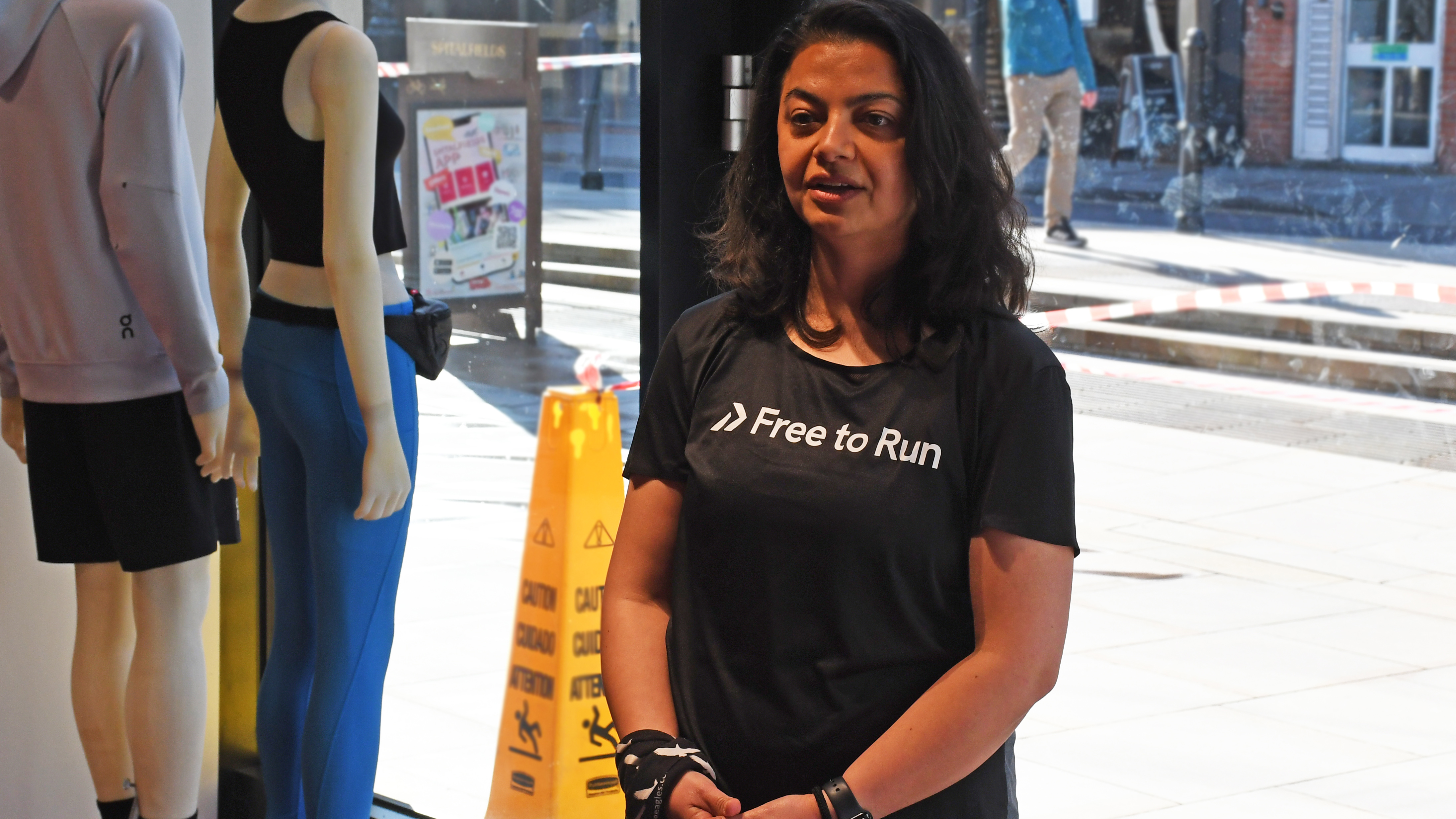
“The only running I did as a child was running for my life, away from the noise of explosions,” Sada says. “It wasn’t until years later, after I came to London, that I saw people going running because it was something they actually wanted to do. For leisure!
“For a while I just watched them. And then eventually I decided to try it. I bought some gear, and now I actually describe myself as ‘a runner’. Whenever life gets a bit much, and my head is full of worries, I go for a run and it really clears my mind. I’ve done several marathons, and I got involved with Free to Run because I want girls living where I grew up to see that women can run. It’s so much harder to deny the rights of women when they are more visible.”
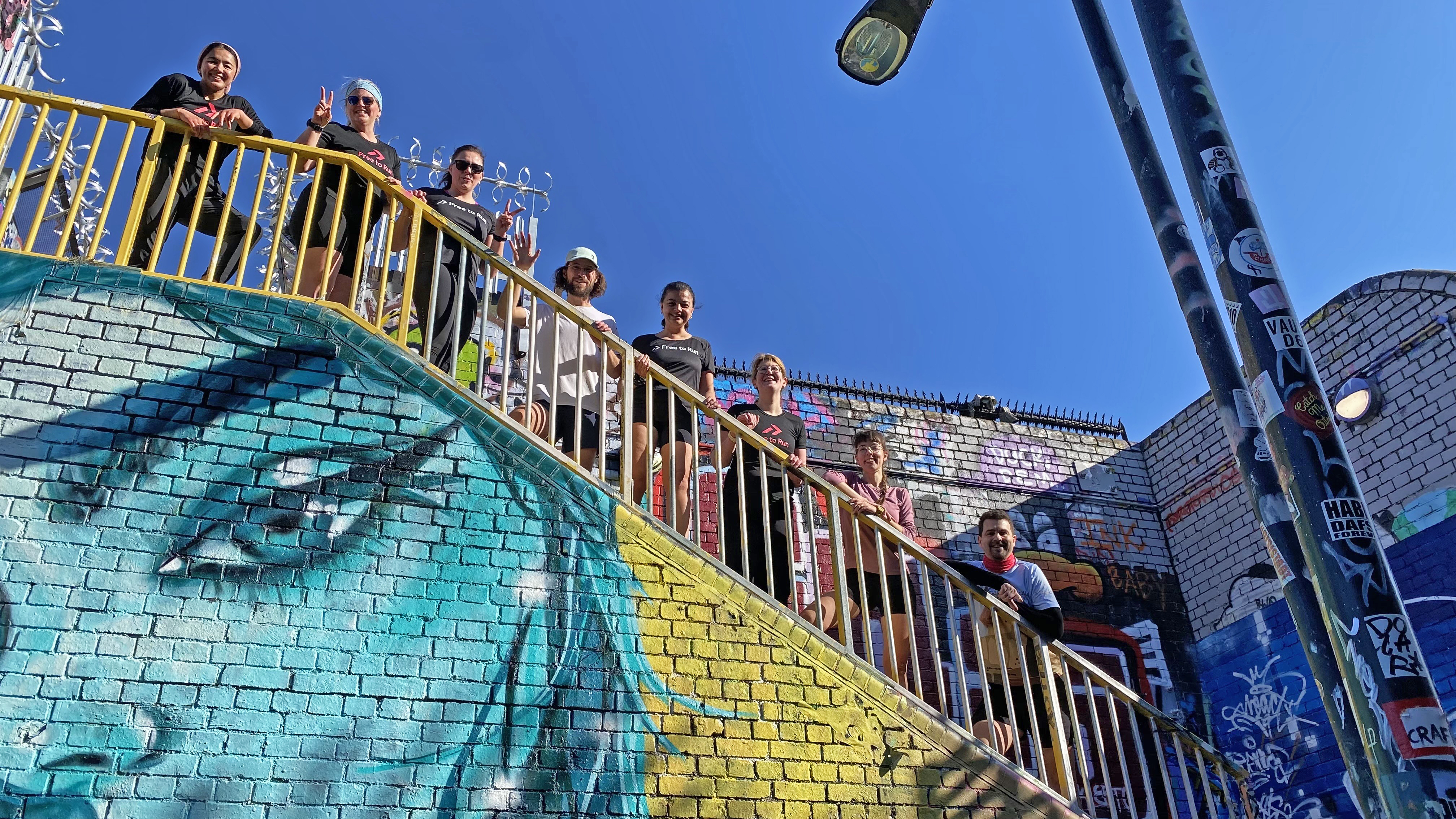
Trail blazer
For Fatima, the path that led her into running was the arduous route she had to take to school each morning. As a little girl living in a mountain village in the Jaghori District of Central Afghanistan, 2,000 meters above sea level, she had to walk for an hour along mountain roads to get to school each morning.
“Once I arrived late, and as a punishment I was beaten on the hand with a stick,” she tells me. “My hand was freezing cold and it was agony. I swore it would never happen to me again, and from that day on I always ran to school to make sure I got there in good time.”
The resilience and courage of woman in my country to keep going through life is my inspiration to keep going when I run. I want to be a voice for them.
Fatima Painda
This proved to be an excellent training regime for a pursuit that has helped shape the rest of her life. Fatima, who is from the Hazara community in Afghanistan (a Shia Muslim ethnic minority that suffered severe persecution over several decades), came to Britain with her family in 2008, when she was 14. Very quickly a teacher recognised her extraordinary strength in cross-country running, and she went on to compete twice at county level in the English Schools’ Athletic Association Cross Country Championships.
Now, besides working full time as a nurse and fitness trainer, Fatima is a highly accomplished ultra runner. She has just returned from a race in Morocco, and last August completed the CCC, a brutally tough 100km race through the Alps from Courmayeur via Champex-Lac to Chamonix (part of the UTMB), one of the only Afghan women to ever compete in such an event.
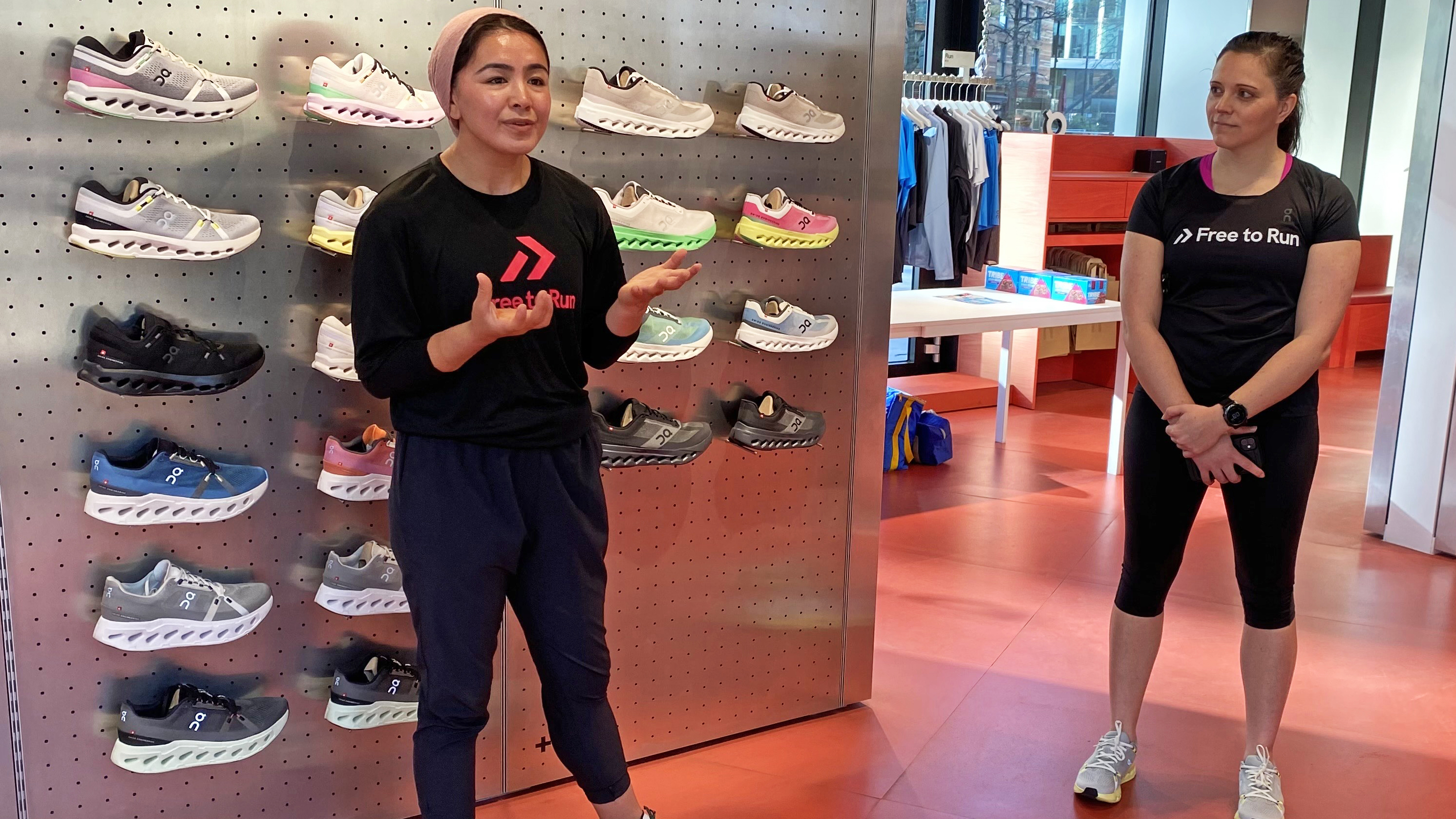
A deep passion for the sport is evident in her eyes and the large smile that lights up Fatima’s face as we chat about the running challenges she has taken on and the races she has in her sights for the future, but she remains acutely aware that, for girls and women back in Afghanistan, even the idea of going for a short jog is utterly unthinkable. Since the Taliban regained control of the country in 2021, girls have been prevented from attending school at all, and the opportunity to take part in sporting activities has evaporated.
And so she re-issues the challenge that so stumped me when we first spoke: “Imagine being told that you can’t run, just because of who you are.” Women are no longer allowed to train for professions, let alone work out for fun or fitness. “My cousin was in her fourth year of a medicine degree, and she was forced to stop studying,” Fatima explains. “The resilience and courage of woman in my country to keep going through life is my inspiration to keep going when I run,” she continues defiantly. “I want to be a voice for them.”
To this end, Fatima is currently running races, events and challenges in 26 cities around the world – one for every letter in the alphabet, to raise awareness about Free to Run and the great work it does. You can follow and support her progress on Instagram and contribute to her goal via this JustGiving page.
As we say goodbye and disperse, punters start strolling in off the pavement to peruse the Swiss-designed running gear on display in the On store, and I have to resist the urge to start shouting about how lucky we are to be able to simply pick a pair of shoes off the shelf and head out for a run. I’ll never take it for granted again.
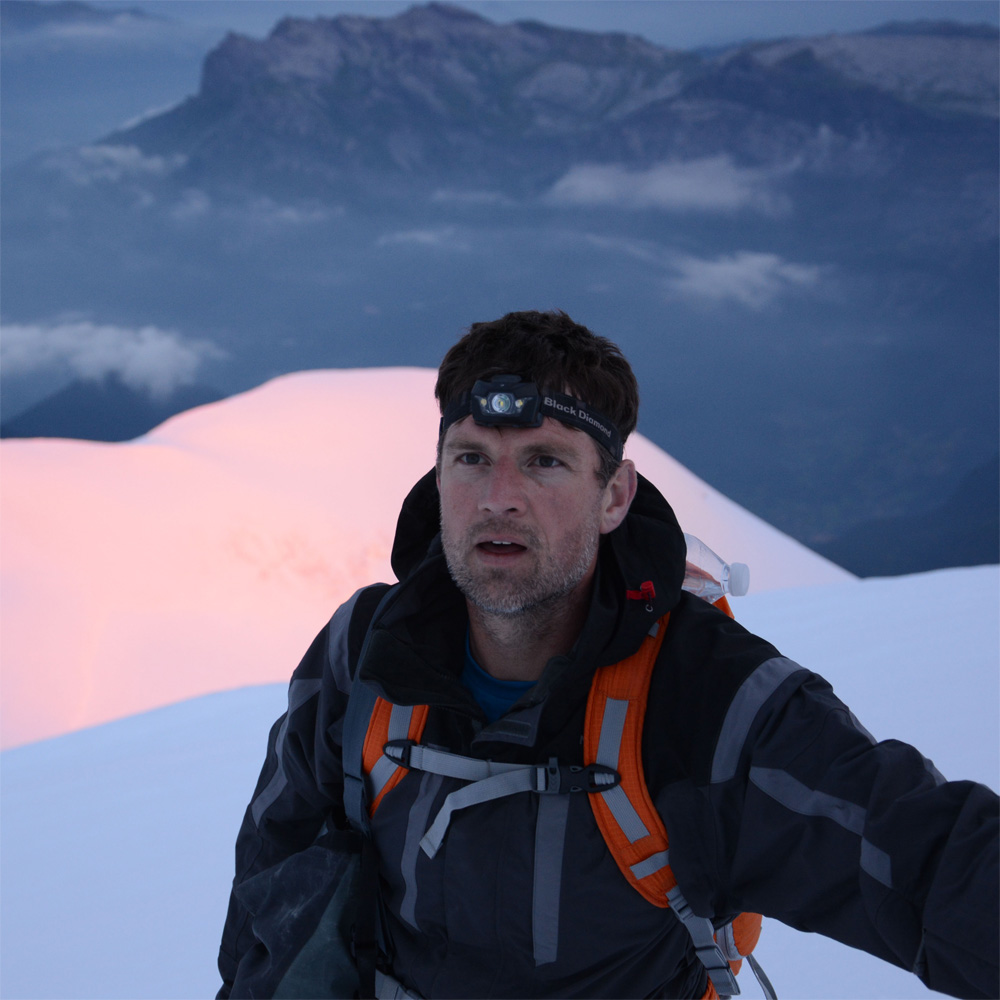
Author of Caving, Canyoning, Coasteering…, a recently released book about all kinds of outdoor adventures around Britain, Pat has spent 20 years pursuing stories involving boots, bikes, boats, beers and bruises. En route he’s canoed Canada’s Yukon River, climbed Mont Blanc and Kilimanjaro, skied and mountain biked through the Norwegian Alps, run an ultra across the roof of Mauritius, and set short-lived records for trail-running Australia’s highest peaks and New Zealand’s Great Walks. He’s authored walking guides to Devon and Dorset, and once wrote a whole book about Toilets for Lonely Planet. Follow Pat’s escapades on Strava here and Instagram here.
